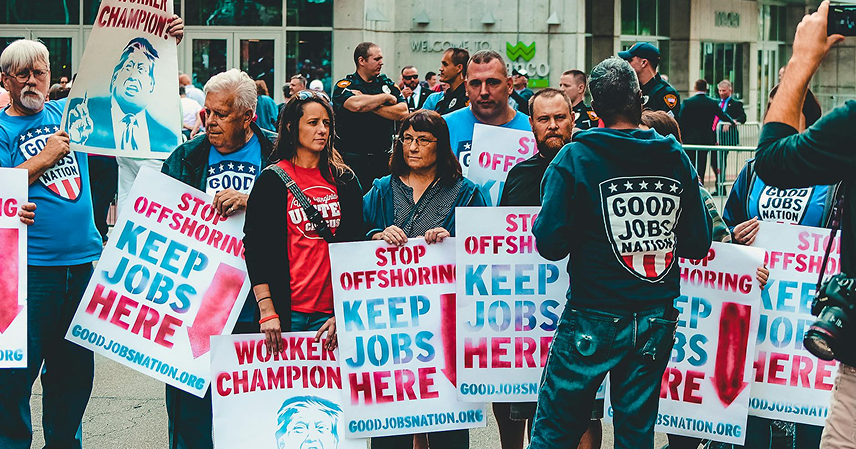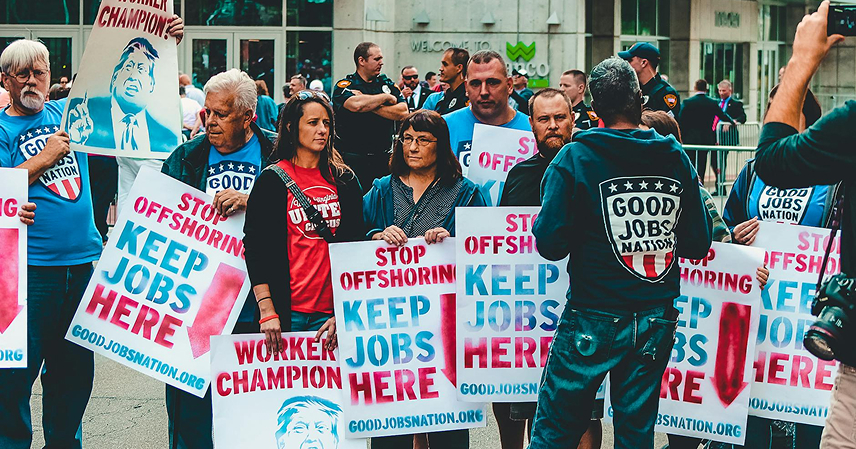The Supreme Court of India has recently issued a notice to the Central government on a petition challenging the constitutional validity of the Waqf Act, 1995. The plea, filed by a Delhi-based organization, has raised concerns about the alleged special treatment provided to Waqf properties and questioned the legal standing of the Waqf Board. The court’s move has sparked a nationwide debate over minority rights, land ownership, and religious governance.
SC Questions Waqf Law’s Constitutionality
The Supreme Court bench, led by Chief Justice D.Y. Chandrachud, on April 16, 2025, asked the Union government to respond to the public interest litigation (PIL) within four weeks. The petitioner argues that the Waqf Act gives disproportionate powers to a religious body, potentially violating the principle of secularism enshrined in the Indian Constitution.
The petition contends that the Waqf Board enjoys undue privileges that are not extended to other religious or community trusts, thereby creating legal inequality. The petition further claims that large tracts of public and private land have been arbitrarily classified as Waqf property, infringing upon individual land ownership rights.
Key Concerns Raised by Petitioners
The primary arguments presented by the petition include:
- Unilateral powers of the Waqf Board in classifying and managing properties
- Lack of a judicial mechanism for redressal of disputes concerning Waqf land
- Alleged encroachments and mismanagement of Waqf assets
- Discrimination against non-Waqf religious institutions and trusts
The petitioner has sought a complete review and potential repeal of the Waqf Act, stating it violates Articles 14 (Right to Equality), 15 (Prohibition of discrimination), and 25 (Freedom of Religion) of the Constitution.
Government’s Likely Stand and Reactions
Although the Central government has yet to officially respond to the Supreme Court notice, legal experts predict a strong defense of the Waqf Act, citing its role in managing Islamic charitable properties and ensuring their lawful use. Minority organizations and Islamic scholars have defended the Act, calling it essential for safeguarding Muslim community rights and cultural heritage.
On the other hand, several political parties and civil society members have welcomed the court’s scrutiny, demanding a uniform policy for the regulation of all religious endowments in India.
Conclusion
The Supreme Court’s decision to hear the plea challenging the Waqf Act marks a significant development in the ongoing discourse on secularism, minority rights, and land governance in India. As the case progresses, it is expected to set important legal precedents regarding the administration of religious properties. The outcome could have far-reaching implications not only for the Waqf Board but also for how religious trusts are treated under Indian law.



